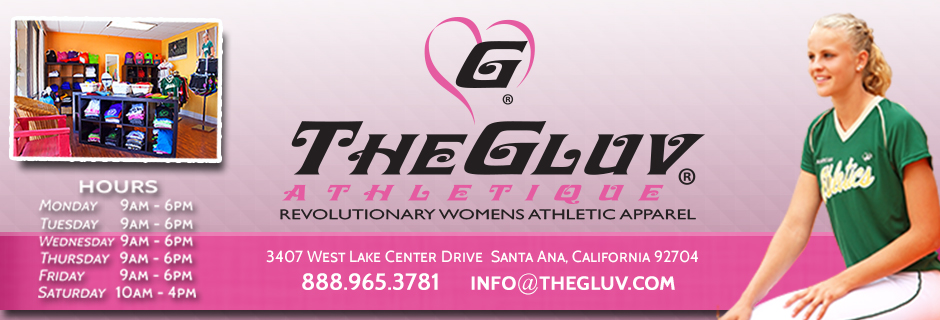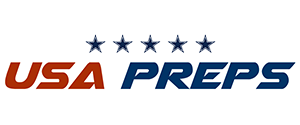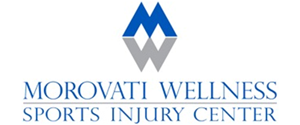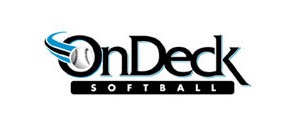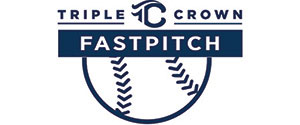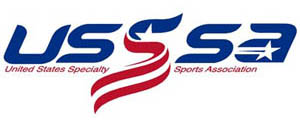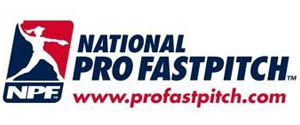Excellent piece for Student Athletes
http://www.ncaa.org/static/champion/get ... jVbhY.dpbs
College Softball
PRACTICE
Just like before a big game, hard work and preparation come before the win.
Work out early: Underclassmen should find extracurricular activities that double as professional development — such as campus professional and service learning organizations. Upperclassmen should explore leadership opportunities through the campus Student-Athlete Advisory Committee or other organizations, seek out job fairs and take a careers course.
Post up the job boards: The NCAA’s Former Student-Athlete Career Center, lists job openings and allows you to post your resume for companies looking to hire student-athletes. Teamwork.com, workinsports.com and ncaamarket.ncaa.org/jobs all focus on positions in the world of athletics.
Be a leader: Each year, NCAA leadership development offers programs to help college students develop their future. The Career in Sports Forum brings 200 selected athletes together to help them chart a career in athletics. And the Student-Athlete Leadership Forum, which selects approximately 300 athletes each year, provides personal development while working with other athletes, coaches, faculty and administrators. Talk to whoever oversees student-athlete development or life skills programs on your campus or visit NCAA.org/leadershipdevelopment.
Play to your strengths: So you think your 3.0 GPA isn’t as impressive as another student’s 3.5? Try explaining that you earned it while balancing 15 credit hours of classes and serving as captain of the conference champion field hockey team.
RELY ON A TEAM
You had coaches and teammates to help improve your athletic skills. So use the coaches and teammates who can improve your career skills.
Listen to your coach: Large campuses are starting to hire career coaches specifically for athletics. Some, such as the University of Notre Dame, are integrating their campus alumni networks, too. On campuses that don’t have athletics-specific programs, career centers help identify opportunities for networking, job shadowing and learning about different career paths.
Get LinkedIn: Creating a LinkedIn page is one of the first things career counselors suggest. Post a photo of yourself in business attire. In your summary, explain your accomplishments and strengths: Don’t just say you developed communication skills, but say you learned to communicate effectively in a competitive environment by working with 11 teammates and coaches on a daily basis. Join groups related to your career goals.
SCORE THE INTERVIEW
Your campus has resources to make personal connections with professionals happy to help you out. Don’t be surprised when networking turns out to be easier than it may seem.
Attack an opening: Go after opportunities just like you do during a game or a match. “I had a softball player, she was doing a photo shoot with ESPN, talking to the producer, letting him know what her major was. The producer said, ‘We have an internship,’” said Jawauna Harding, an athletics career consultant at Oklahoma State.
Find a go-to player: You just need one name to get started. Look for professional connections through your campus alumni relations organization or athletics fundraising club. “It’s shocking to see how willing people are to bend over backward to help you once you present yourself as someone who tries really hard and is interested,” says Stephanie Felicetti, student-athlete career program director at Notre Dame.
Get the scouting report: People like talking about themselves and their success. Break the ice by asking how they got their jobs and moved up. What is a typical day like? What are the most interesting aspects of their jobs? Showing sincere interest makes a strong impression.
Make a statement: Speak in statements, not questions. For instance, don’t ask new contacts if they know other people you can talk to. Instead, let them know that you would love to talk to others in the industry. “You give the person the option to provide you the information,” Felicetti says. “It’s less awkward.”
Go to the replay: Send contacts a thank-you note and follow up every few months when you have something substantial to tell them. Send a short email with any updates, like a link to new work. Call or leave a voicemail whenever you need to convey your energy and attitude. And don’t underestimate the power of a handwritten note — they’re so rare these days that they can make you look like an MVP.
– Brian Hendrickson
- See more at: http://www.ncaa.org/static/champion/get ... jVbhY.dpuf
-

jonriv - Posts: 4875
- Joined: Fri Feb 20, 2009 6:01 am
- Location: Connecticut
3 posts
• Page 1 of 1

